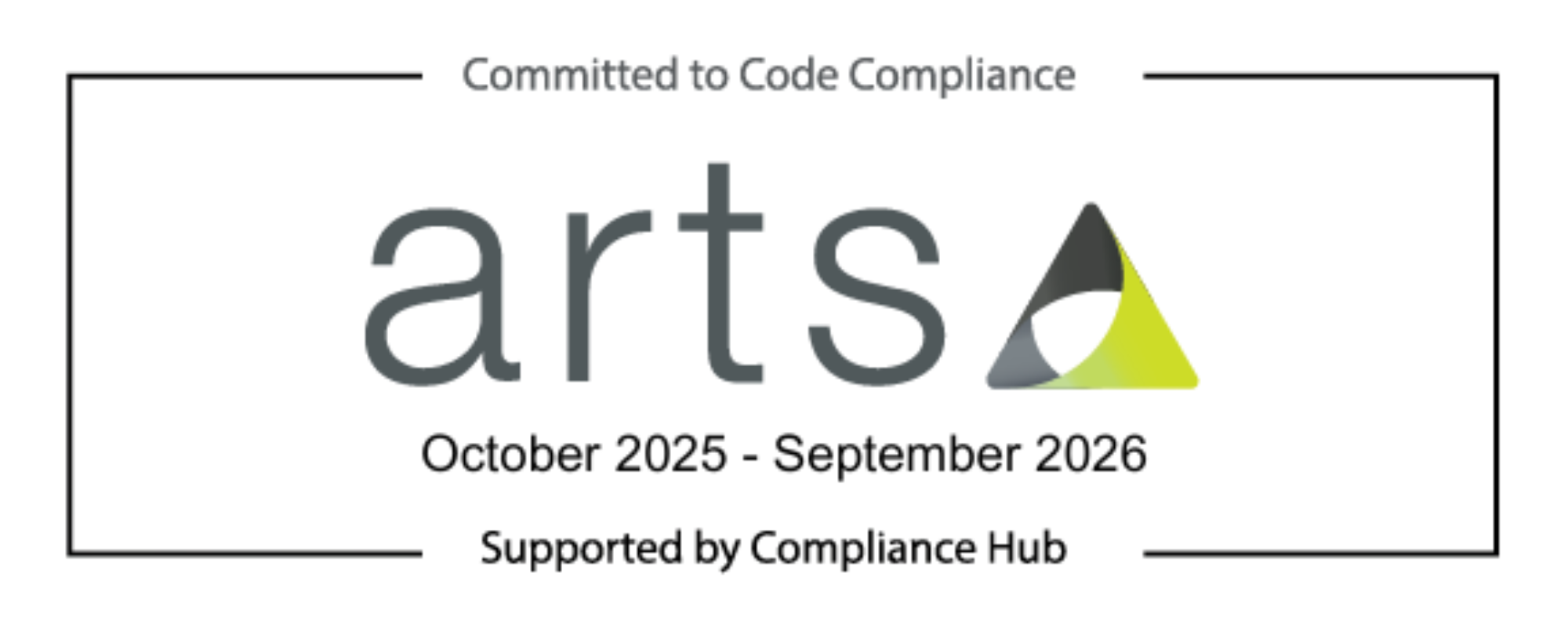When sleep goes wrong: insomnia, its burden and management
When sleep goes wrong: insomnia, its burden and management
Sleep is the one of the foundations of good health, yet for 7–15% of people in the UK suffering from chronic insomnia, restful nights remain elusive. Poor sleep isn't just an inconvenience, it has profound long-term health consequences, including an increased risk of cardiovascular disease and mental health disorders.
With the arrival of the first-ever targeted drug for chronic insomnia, the role of pharmacy professionals in identifying and managing this condition has never been more crucial. But how well do pharmacy professionals understand the neurobiology behind the sleep-wake cycle and how can they ensure patients receive the right support?
We spoke with Dr Rania Ward, Principal Pharmacist for Sleep Medicine, Regional Sleep Disorder Centre at Queen Victoria NHS Foundation Trust about her upcoming talk at CPC London in May to explore more.
Rania, as a specialist in sleep medicine, what does your day-to-day role as a Principal Pharmacist for Sleep Medicine look like?
I am very lucky, no day is the same! I spend half my time in clinic seeing patients with all sorts of sleep problems from, insomnia to parasomnias, circadian rhythm disorders, central hypersomnias, limb movement disorder and REM behaviour disorders. The other half of my time I am in various meetings, doing service improvement projects, talking to ICB colleagues, creating new initiatives, I’m currently collaborating with Canterbury Christ Church University on a sleep masterclass educational event for healthcare professionals.
What steps have you taken to reach this point in your career journey?
I’ve had a convoluted journey to get to this point. I knew very early on I wanted to do a PhD, and I was always fascinated by drugs that work on the brain, so I did my PhD in Neuroscience, straight after what was then the pre-reg year. It was fascinating and challenging and I loved it. But having taken so many years out of pharmacy, at the end of my PhD I was at crossroads - either I continued my research, or I went back into pharmacy practice. I missed the patient contact and wanted to be closer to the patient than be at the bench working on neurons, so I went back into hospital pharmacy. I was a bit disillusioned on returning as I didn’t feel particularly inspired by the roles my colleagues were undertaking at the time. Then, there was not as much variety as there is now, where pharmacists can work in GP surgeries, PCNs, ICBs, Community Trusts, NHS England etc. It wasn’t like that then. So, I decided to quit the job and locum. I locumed everywhere from Carlisle to London for many years and was exposed to so many specialities - from the big medical wards like cardiology, respiratory and endocrinology, to general surgery, A&E, neurology, care of elderly, urology, mental health - you name it! If I stayed in one place, I would not have had the level of exposure I was so fortunate to have during these years and at that intensity (at times I was holding four bleeps for four wards, running around all day!). But I seem to thrive in those environments. To cut a long story short I eventually found myself in a highly clinical autonomous role that I loved and allowed me to be trained by consultant physicians, which was rare. I moved out of London to get married and took up a role as the clinical service lead at QVH but soon fell into the workings of the regional Sleep Disorder Centre (which through all my travelling years up and down the country as a locum, I did not come across before!). They were struggling with the medicines management of their patients, and I became the solution to that! Looking back, it’s not only my PhD in neuroscience that has been so appropriate to my role, but also the broad background in the various specialisms that has really been foundational to me now as a sleep specialist, because sleep is impacted by so many aspects of our health, and it is very complicated!
Sleep disorders are a growing concern in healthcare, with significant implications for patient wellbeing and overall health outcomes. What role can clinical pharmacy professionals play in improving care for patients with sleep disorders?
Sleep complaints are overlooked and thought to be due to other issues, and it is assumed that if those were resolved the sleep problem would go away, but that is not true. While some conditions have a complex bi-directional relationship e.g. anxiety and depression, other conditions have been shown to have worse outcomes where sleep is also a factor e.g. 50% of diabetics have obstructive sleep apnoea. Untreated OSA leads to less control of diabetes. Patients with heart failure have increased risk of mortality if they also have poor sleep. Poor or insufficient sleep also increases the risk of dementia. So pharmacists can start by asking the question, how is your sleep? Do you feel well restored or refreshed when you get up? If not, why do you think this? The aim would be to understand the contributors that can be addressed. E.g. if it is because they have back pain as their pain medications wear off before they sleep, then the timing could be adjusted; or they wake up coughing then more questioning could help to understand if sleep apnoea is present. Asking the question is really what pharmacists can start doing, even if they cannot deal with it at that time point, just documenting it for the next time is a really good start. Educating patients about what good sleep habits look like and encouraging them to adopt good sleep behaviours is also one way pharmacists can help improve patient care.
You’ll be speaking at CPC London on the management of insomnia. Could you give our delegates a preview of the key takeaways they can expect to learn from your session?
I hope to give my colleagues an understanding of what happens to us during sleep, what neurobiology is involved in sleep that puts some of the pharmacology into perspective. I want my colleagues to have an understanding of the biological drivers that regulate our sleep and wake cycle and how behaviours alter these in negative or positive ways. I will talk about how to treat insomnia, and my experience with the treatment particularly when real-world data is not always available.
Interdisciplinary collaboration is often crucial in managing complex conditions like sleep disorders. How do you work alongside other healthcare professionals and what advice would you give to pharmacy professionals looking to enhance their impact in multidisciplinary teams?
I work very closely with my consultant physicians; I attend clinical and operational meetings with them and I am involved in the delivery of the service. Where patients have been difficult to treat, I would discuss the next steps with the consultant and likewise consultants refer patients to me for the management of some of the disorders. We have a very close working relationship and this is probably the key to collaboration. We share views and environment we create allows for healthy debate. Our centre has physiologists, coordinators, administrative staff and pharmacy technicians in addition to the medical team. Being an active contributor is also key to interdisciplinary collaboration, whether it is through generating ideas or actively taking up workstreams.
One crucial aspect is also knowing one’s stuff! If you don’t know what you are talking about, it will be harder to make any impact, so making sure you are up to speed with the required knowledge to meaningfully contribute is important. There is no shortcut with this. Experience and exposure to the same types of cases to allow you to build a bank of understanding is important.
The field of sleep medicine continues to evolve with advancements in pharmacological treatments and therapies and non-pharmacological interventions. What innovations are you most excited about and how do you see them shaping the management of sleep disorders in the future?
I am most excited about the use of AI in sleep. Our centre is oversubscribed and there are often long waits for testing and consultations. We do sleep studies that need manual interpretation, and I see the future of automated interpretation to allow highly skilled physiologists (who are limited in number) to focus on complex sleep pathophysiology. I am also excited about genomics and pharmacogenomics. We know that patients with the same condition given the same treatment can have polar opposite outcomes and pharmacogenomics is an area not previously considered but relevant to sleep. We know that 50% of RLS patients have a first-degree relative with RLS, we know insomnia is about 58% heritable in women, where almost twice as many women as men have the condition. Genomics can play a big part in understanding these complex conditions to allow us to have more targeted treatments that are more personalised than the blunt tools we have today.
Join Rania at CPC London on Saturday 10th May in the Clinical Leadership Theatre to hear more about insomnia’s symptoms, its impact, and the available management guidelines to confidently support patients struggling with disordered sleep.



 London
London


